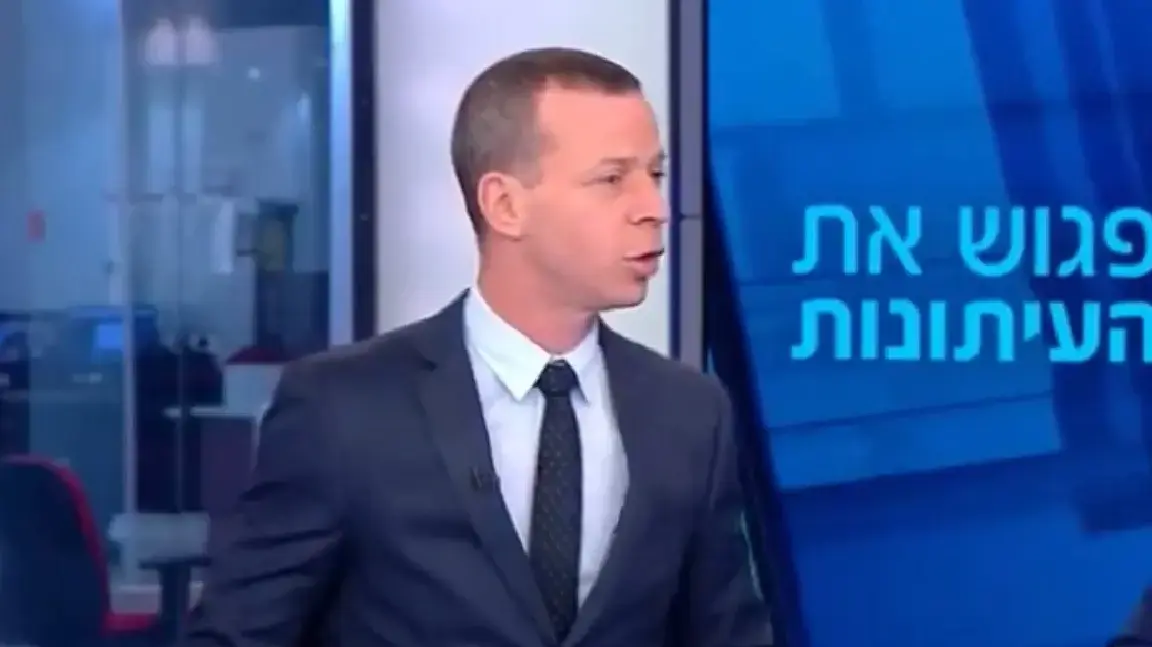Heavy Casualties in Rafah Amid Ongoing Conflict
The Israeli army reported the death of eight soldiers on Saturday following a heavy explosion in the Rafah region of the Gaza Strip. This tragic incident marked one of the highest single-day losses for the Israeli Defense Forces (IDF) in the ongoing conflict with Palestinian Hamas. According to a statement released by the army, the soldiers were in an armored vehicle that was hit by a bomb at approximately 5:15 a.m., northwest of Tal al-Sultan.
Rear Admiral Daniel Hagari, spokesperson for the Israeli army, indicated that the explosion was likely caused by either an explosive device placed in the area or by anti-tank missile fire. The blast was so powerful that it rendered the identification and retrieval of the soldiers' bodies extremely challenging. The vehicle they were in reportedly contained devices with explosive materials, which might have exacerbated the impact of the explosion.
Israeli Prime Minister Benjamin Netanyahu expressed his condolences to the bereaved families and reiterated the war's objectives, which include dismantling Hamas's military capabilities and securing the return of hostages. Since the commencement of the ground offensive in Gaza on October 27, the Israeli army has suffered significant casualties, with 306 soldiers killed so far, making Saturday one of the most devastating days for the IDF.
Public Outcry and Media Challenges
The heavy toll on the Israeli army has ignited public outrage and called into question the handling of information and military strategies. Graciela Barchilon, a 68-year-old Tel Aviv resident, voiced her anger and disappointment during a protest against the government of Benjamin Netanyahu, emphasizing the collective loss felt by the Israeli population with each soldier's death. Protestors are calling for new elections amidst the ongoing crisis.
The conflict, which began on October 7 with an attack by the Palestinian Islamist movement Hamas, has seen a staggering number of casualties. The initial attack left 1,194 people dead, predominantly civilians, and 251 others were kidnapped. Of those kidnapped, 116 are still held hostage, with 41 confirmed dead.
The media handling of these tragic events has been scrutinized, particularly the apparent disconnect between news broadcast schedules and religious observances. Criticisms have been leveled at media outlets like Keshet 12 for their scheduling decisions and reliance on pre-recorded segments, which some view as undermining timely and critical news coverage.
- Since the war's onset, international reactions have been mixed, with strong condemnations of the violence from multiple nations and calls for de-escalation. However, the conflict continues to escalate, causing further loss of life and intensifying the humanitarian crisis in the region.
- The Gaza Health Ministry has reported a death toll of 37,296, primarily civilians, due to the extensive Israeli offensive in retaliation. This has led to severe criticism of the military tactics employed and the broader humanitarian impact on the Gaza Strip.
- The ongoing war has created a complex situation where both military and civilian lives are severely affected, leading to a regional and international call for ceasefire and negotiations. The role of media, military, and government in handling the crisis remains under scrutiny, as the public seeks transparent and effective communication and resolution strategies.






